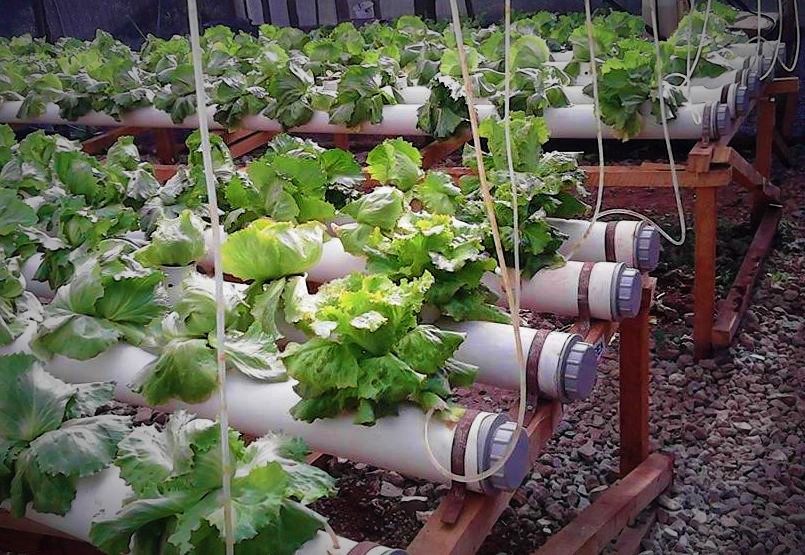
By George Munene
Foot-and-mouth disease (FMD) is a viral disease endemic to Kenya that causes the second most economic losses to pastoralists among infectious livestock diseases. The disease which affects ruminants with cloven/divided hooves; cattle, sheep, goats and pigs; can however be ameliorated in cattle by use of readily available salt and ash.
According to Fulgence Mwarongo, the Voi Sub-County Vetereniary officer, through the use of a saline solution and spreading of ash at the entry of and on the floor of a cowshed, farmers are finding home-based solutions to dealing with the deadly foot-and-mouth disease. ”FMD is usually characterized by the occurrence of blisters in the mouth and hypersalivation—once a farmer observes this they can use a piece of clean cloth soaked in a pail of saltwater to scrubs the wounds in the cow’s mouth—saline conditions denature and kill the FMD virus,” explains Fulgence. This is repeated severally until the disease regresses, usually after six weeks. Dusting the cow’s hooves with ash and pouring it on the areas the cow steps on also capably combats FMD. The farmer should work at isolating the sick cow from the rest of the herd, disinfect their hands and not use the equipment used in treating the disease on healthy animals. FMD will however flare up again if the animal is reinfected in six months and remains unvaccinated,” he adds.
Related News: How to contain the deadly foot and mouth break-out
Related News: Nandi farmers using ‘Kangara’ to treat foot and mouth disease
As the severity of the disease increases lesions appear on the tongue, lips, nose, between toes, above the hooves, and on teats. Other symptoms of the disease are, appetite and weight loss coupled with growth retardation and a drop in milk production caused by mouth blisters which make it difficult for the animal to feed. Perennially affected animals reduce their milk output by up to 80 percent.
The disease has a two to fourteen day incubation period and morbidity of up to 100 per cent in susceptible populations with mortality of one to five per cent in adult animals and over 20 per in young calves, lambs and piglets. “Cases of foot-and-mouth disease are usually on the rise in the country over the hot and dry months around July as most pastoralist farmers are forced to congregate their cows at watering holes where the disease can be easily spread through contact with infected animals,” says Mwarongo.
FMD is a menace to many farmers as it can be easily spread in a variety of other ways: contact with contaminated pen building material or animal transport vehicles, contaminated feed, water or animal products, contaminated clothing or equipment and through air currents from infected material.
Related News: Understanding the Foot and Mouth disease
“Despite reports to the contrary, vaccines for foot-and-mouth and most other livestock diseases have never run out and are readily available to counties for bulk purchase. County veterinary officers and farmers with authorization from their home county vets can also buy them from us,” says Evans Kitui, the sales and marketing head at Kenya Veterinary Vaccines Production Institute. The vaccine lasts six months at a cost of Sh120 per dose, Sh240 per cow for a year’s vaccination.
Kenya Veterinary Vaccines Production Institute: 0724651895
Write comment (0 Comments)



 By John Matava
By John Matava











